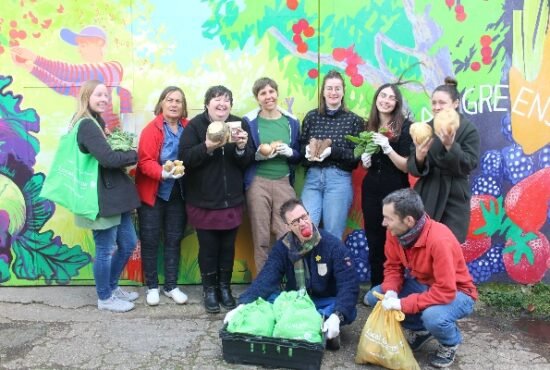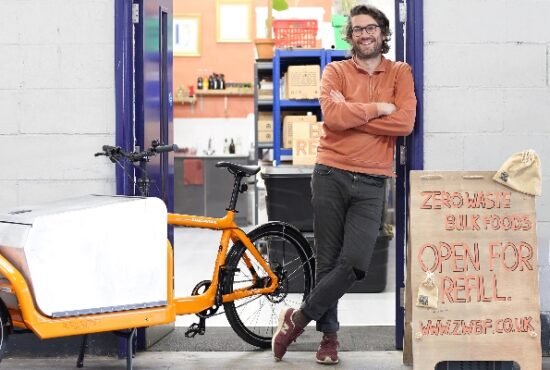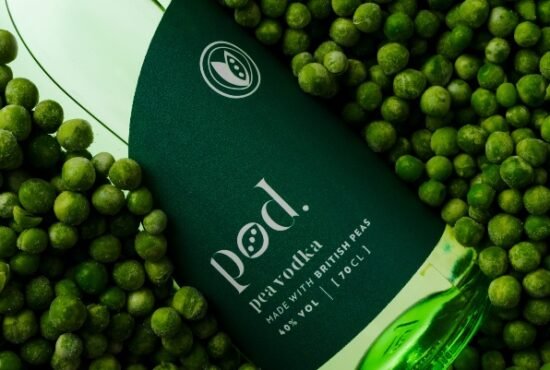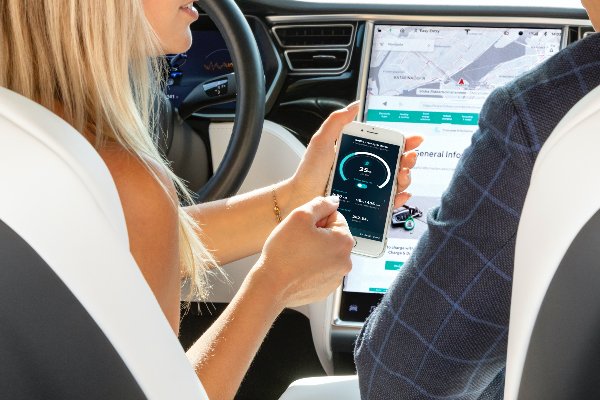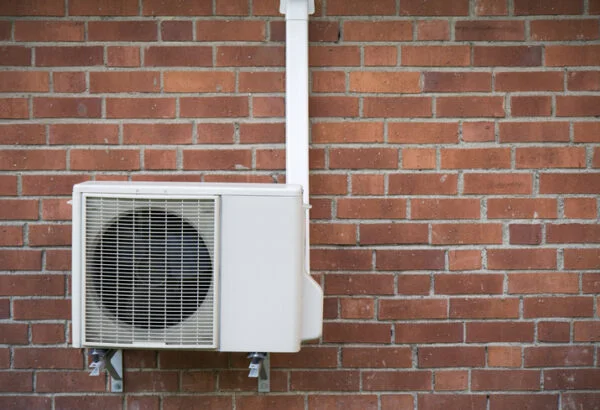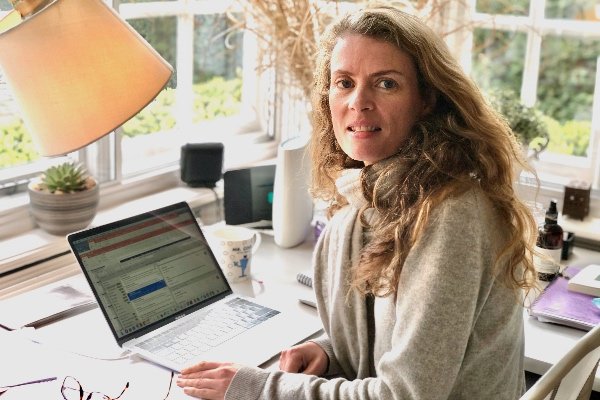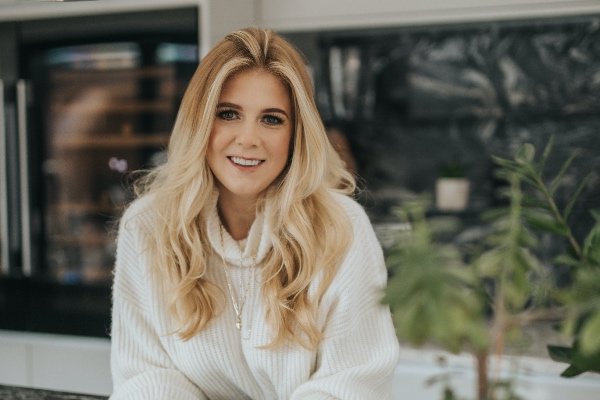‘Hiven presents new opportunities for energy companies to make demand side a part of the entire supply chain’, Jani explains. ‘Demand can be optimised together with energy production, trading and portfolio optimisation, to reduce emissions, protect investments and reduce peak risks.’
Energy suppliers also get an opportunity to offer new value-added services with their electricity contracts – which Jani believes will lead to happier customers who ultimately decide to stay with their suppliers for longer.
‘Customers are the most important part in the puzzle because they are the ones who need to opt to connect and automate their energy consumption’, Jani explains. ‘The benefit is lower energy bills and a lower-than-average CO2 impact, without any compromise.’
The potential reductions in energy bills are significant; while there will be variations according to the energy supplier pricing model and the consumption profile of the consumer, Jani says consumers on a variable price that is based on day-ahead market prices – which is becoming more common in Europe – can save 20-40% annually on their electricity bill.
‘For an electric vehicle in the Nordics, optimising the charging of 50km per night with a 11kW charger can annually save up to €300-400 on the cost of energy’, Jani tells us.
‘Together with suppliers, we can also build models where consumers on fixed-price contracts get a share of the value back for connecting their appliances and letting their supplier steer consumption in a smarter way.’
Smart homes of the future
Every individual’s energy efficiency efforts count, but for Jani real environmental impact will only be possible if tens and hundreds of thousands of users – plus energy retailers and manufacturers across Europe – quickly change the way they consume energy.
‘The opportunity and need to make consumption smarter is a global issue’, Jani says. ‘We’re working with customers across Europe and have engaged with users in Finland, Sweden, Norway, Denmark and France – we are already able to use the tech across Europe and soon globally.’
One key to scaling at pace will involve manufacturers and energy suppliers coming together to promote new services that make consumption more adaptive to the energy system, and then encourage customers to choose them.
Steering consumption away from peaks in cost and CO2 levels often indirectly shifts consumption out of the times when power systems are most constrained.
Smart home appliances can react to sudden changes in our power system for short periods of time; during a sudden change in the power system that could potentially lead to a power outage, your EV – along with thousands of others – could stop charging and help to keep the lights on.
Battery backups
Importantly, Hiven is working with its partners – manufacturers of chargers, EVs and heating appliances – to deliver energy security to every home by leveraging the upcoming vehicle-to-grid (V2G) technology of chargers and EVs to form a battery backup and energy store for the home.
This will allow solar installations to push surplus energy to the EV, so heating appliances can draw power from the battery rather than the grid when Hiven’s AI assisted logic determines that it is the most cost-effective option for the homeowner.
Transmission system operators (TSOs), like those demonstrated in California, can also rely on these home energy stores to provide temporary stabilising power to the grid in case of emergency, for which homeowners can be compensated.
A familiar future
‘The future home is only getting more connected and we believe we’re just scratching the surface with the value we can create today’, Jani reveals. ‘At Hiven we want to help these smart, connected appliances to also be energy aware, to change the way we consume energy so it becomes smarter, greener and cheaper.’
The name Hiven itself is a play of the Finnish word ‘particle’ – because the company connects multiple smaller particles to form a bigger system – and the English word for beehive, because the devices connected to its platform are like thousands of busy bees constantly circling the central hive, working together for a greater good.
The platform demonstrates that we make a positive impact without any dramatic changes in our lifestyles.
It automatically shifts heating, cooling and charging to hours with renewable production, without any compromise around the comfort of the temperature in our home or the distance we can travel in our electric car.
For those who worry what the future might hold, Jani paints a reassuring picture of a smart, connected energy system that looks much the same – but doesn’t cost the Earth.
 Play Video about This Rock Might Just Save The World
Play Video about This Rock Might Just Save The World Play Video about Play 2 hours of rock
Play Video about Play 2 hours of rock Play Video about Play 2 hours of brook
Play Video about Play 2 hours of brook Play Video about Play 2 hours of sheep
Play Video about Play 2 hours of sheep
